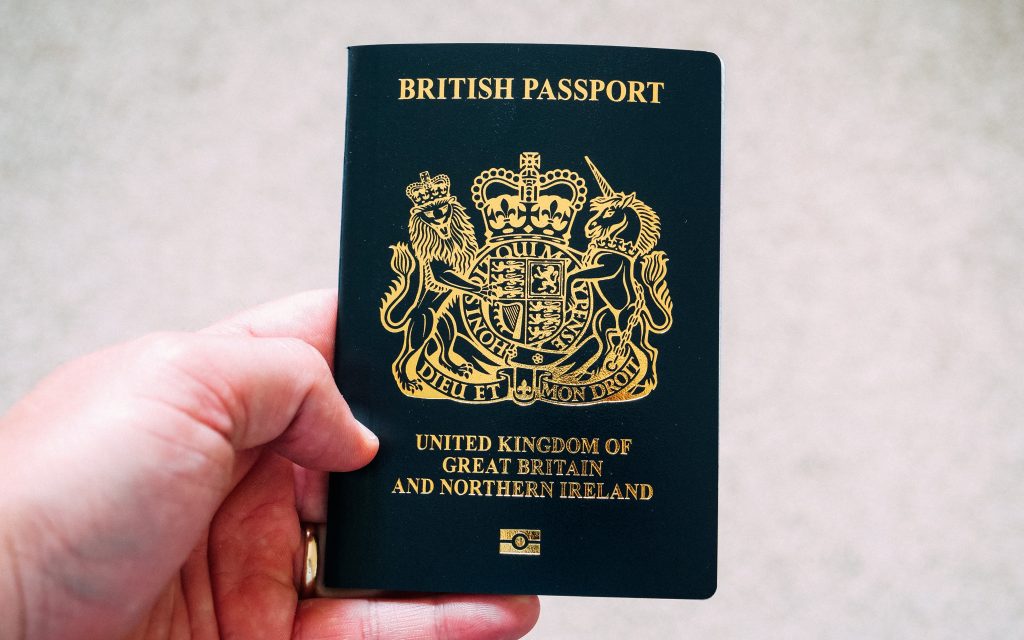 Economy
Economy 
The UK became a member of the European Union (or the European Economic Community as it was then) 40 years ago last week. And in the last few months there has been much talk of a referendum on EU membership from both right and left, though for different reasons.
For those of us who believe that a future at the heart of the EU is the best for Wales and for the UK, it is incumbent upon us to make the case in terms to which people can relate. The EU is as much about cheaper travel, lower mobile phone tariffs and parental leave as it is about the European Stability Mechanism and qualified majority voting.
In Wales we know that health of our economy depends in part on attracting investors from outside the EU who bring with them the jobs we sorely need. We also know that part of the appeal for overseas investors in particular is that Wales, as one of the nations of the UK, is a gateway to Europe.
But as well as the number of jobs, we need to focus on the quality of those jobs. Since the founding of the EU, it has been a key part of the vision to build a social market, not just the single market. This has meant that protecting workers and workplace rights has been at the centre of the European project and with the work of the European TUC and other organisations, long may it remain that way.
Welsh workers have benefitted from real protections in the workplace directly as a result of being part of Europe. The European working time directive enshrines the right for 4 weeks paid holiday a year. Many of women’ rights to protection in maternity and rights for parents to take time off to care for children stem from European directives. And our rights to be consulted in the case of a proposed redundancy and not to be discriminated against in the workplace also stem in large part from the European Union.
European employment protection contributes to wider social benefits also. If the UK had acted sooner on Europe’s agency workers directive, that might have helped alleviate some of the tensions around immigration which we have seen.
Although it is true that Labour governments have usually legislated to bring in better rights and protections than the minimum required by European law – it is also the case that Conservative governments have always looked to minimize employment rights.
John Major’s government fought for the “opt out” from the Social Chapter to the Maastricht Treaty which set out a range of employment protections and more recently, the proposals in the Beecroft Report are a routemap for those who want nothing more than an unregulated market in labour. Some of those ideas have found their way into recent government proposals for employees to give up crucial employment protections in return for very modest shareholdings in companies, or to cut the consultation period for collective redundancies – ignoring in each case that even with the existing protections based on European law, the UK labour market is already one of the most flexible in Europe.
So as the debate about the UK’s role in Europe unfolds, we should recall that our working lives could be very different without the underpinning of European legislation and that EU membership is as much about the bread and butter issues of daily life as it is about the drama of Brussels summits and the travails of the euro.
Jeremy Miles is a Trustee of the Bevan Foundation and lawyer in the media industry.


